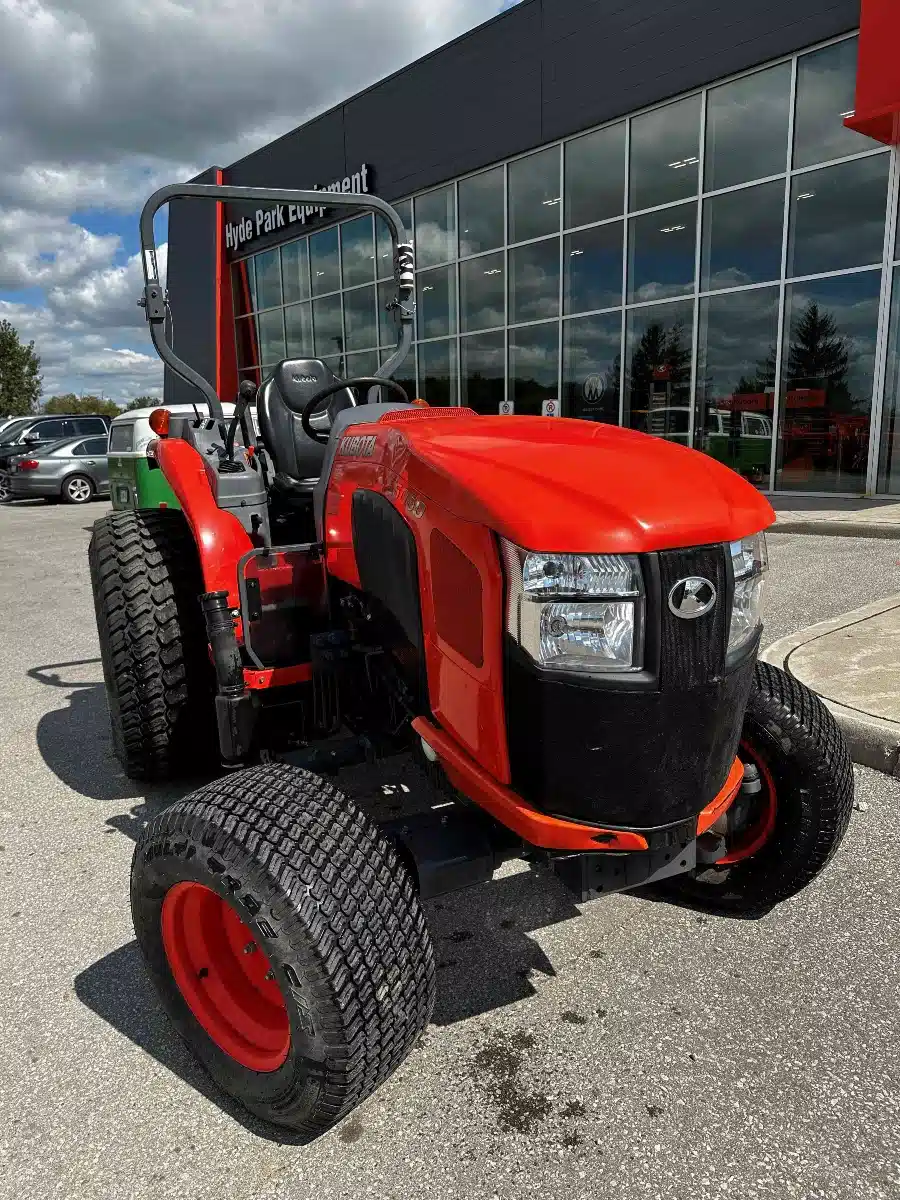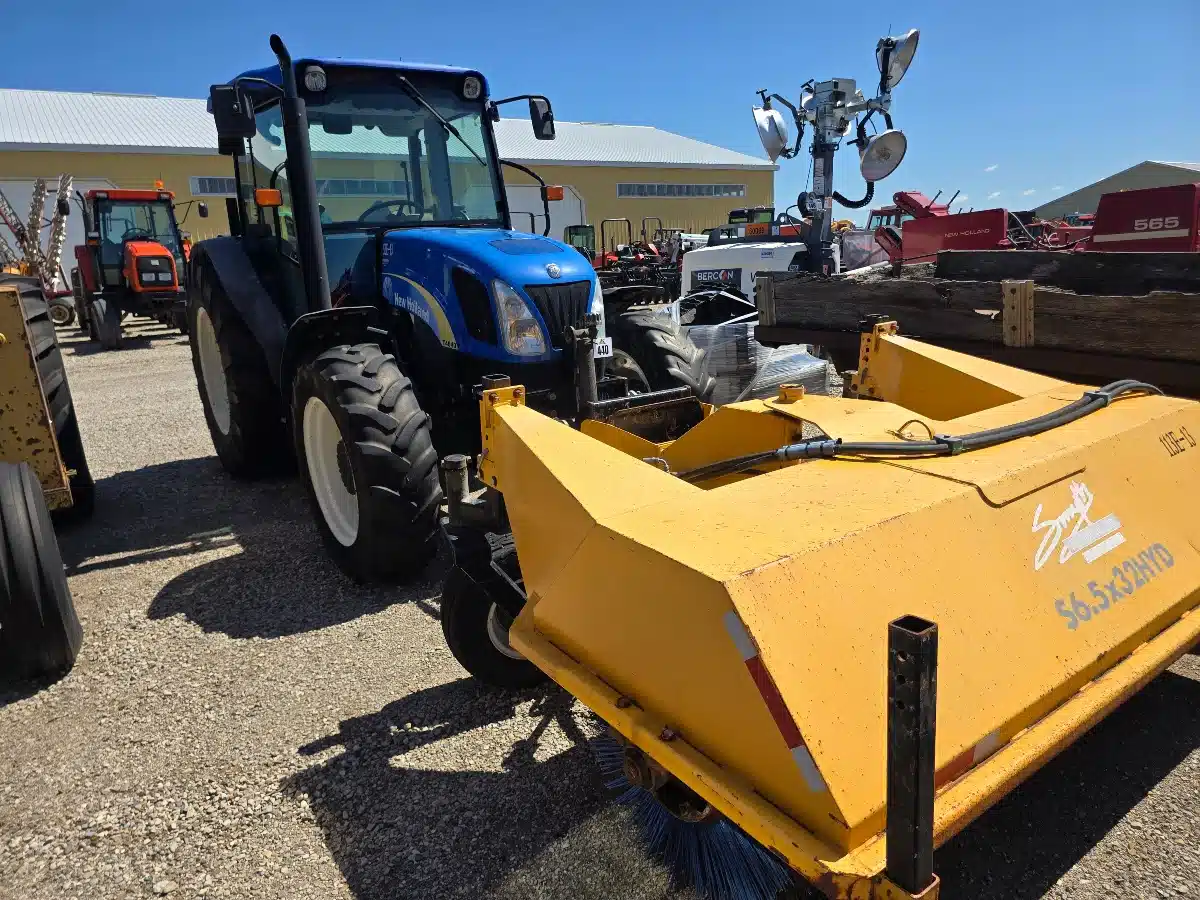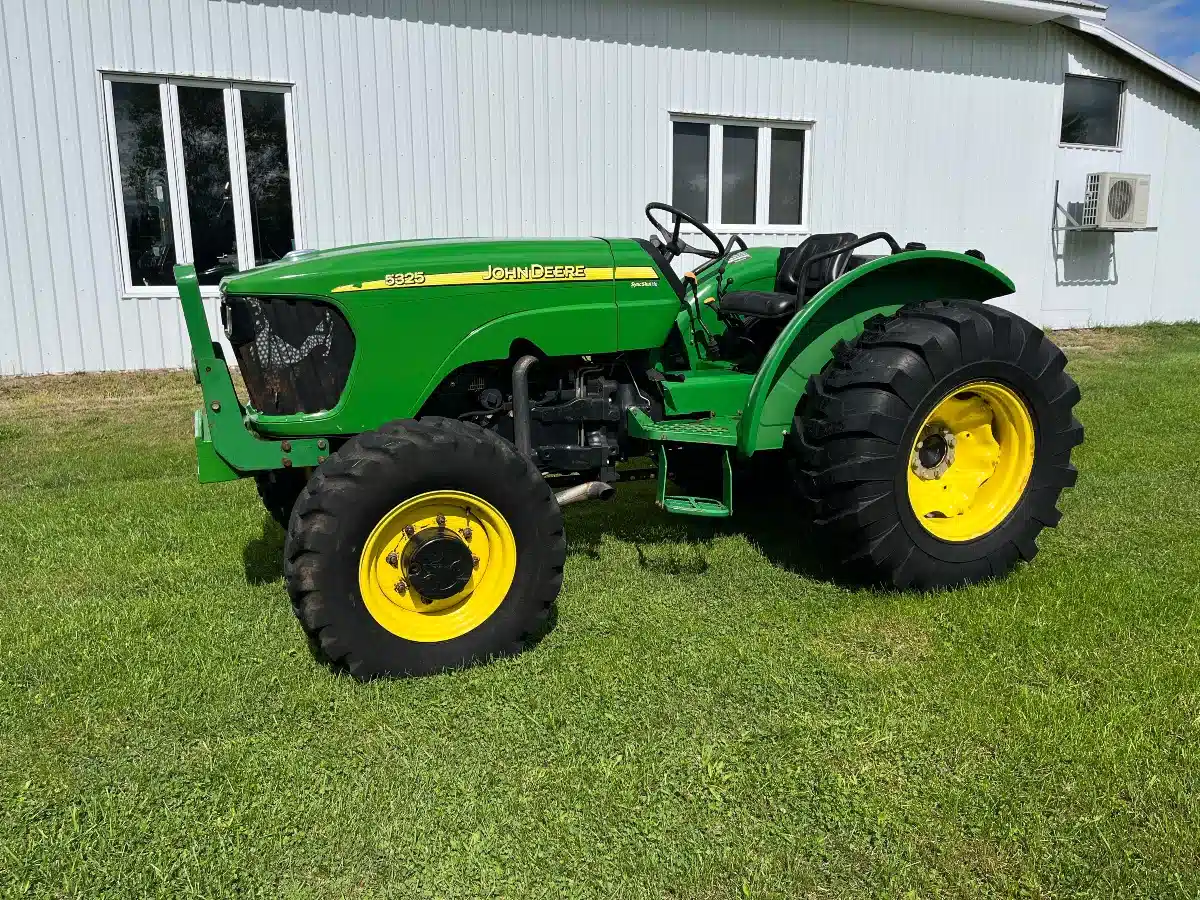
Machinery

Amazone pushes the pull type sprayer
Brand hopes to impress Canadian growers with big capacity, pull-type model
In North America, the self-propelled sprayer has certainly come to dominate the market. For the most part, pull-type models have faded from use over the years. But that is hardly true in Europe, and one European brand, Amazone, thinks it’s time for the pull-type model to make a comeback here in Canada. With several high-end […] Read more

PHOTOS: Germany’s Dammann sprayer comes to Canada
Another European brand looks to start sales in this country
Anyone who’s ever walked the aisles of Agritechnica, the giant German farm machinery show, will understand that Europeans have taken sprayer technology to an entirely new level. A relatively intensive agriculture regime coupled with extremely stringent regulations and intense public scrutiny of herbicide use has demanded it. At the same time, farmers are still looking […] Read more

VIDEO: How much truck for your money? – Part 1
Thinking of buying a large truck for your farm anytime soon? Depending on how much use the truck will likely get, your budget and a host of other factors, there’s a lot of trucks on the market to choose from. In part one of his five-part series, Grainews machinery editor Scott Garvey takes a look […] Read more

Summers introduces Spray Fill Xpress
Summers’ new system reduces reloading times in the field
Summers Manufacturing of Devil’s Lake, North Dakota, claims its new Spray Fill Xpress system can increase sprayer productivity by up to 82 per cent. It achieves that by reducing sprayer refill times in the field, which means sprayers can spend more time spraying and, therefore, cover more acres in a day. Spray Fill Xpress uses […] Read more

IH Crawlers in Canada, Part 2
Post-Second World War, demand for small crawlers grew in Canada
In an earlier Grainews article I shared a bit of the early history of International Harvester crawler tractors in Western Canada. I looked at their evolution during the ’30s until after the Second World War, that was when improvements in wheel tractor design nearly spelled the end of crawlers for farm power. Fortunately, a new […] Read more

Saskatchewan farm truckers exempt on new training rule
Saskatchewan semi truck drivers driving only for farming operations will get a pass on the province’s planned new mandatory minimum trucker training requirements. The province announced Monday it will require a minimum of 121.5 hours of training before a driver can obtain a Class 1 commercial driver’s licence, starting March 15 next year. A Class […] Read more

France delays food price rise for farmers after protests
Paris | Reuters — France, reeling from violent protests over the cost of living, said Wednesday it will delay a planned rise in minimum food prices, incurring the wrath of the main farmers group which urged street action next week. A powerful constituency in French politics, farmers have long complained of being hit by a […] Read more

Michelin debuts new farm equipment tires
New CrossGrip and AxioBib 2 introduced at show
Michelin used the Ag in Motion farm show near Langham, Saskatchewan, to introduce prairie farmers to two of its newest tire releases, the CrossGrip and the AxioBib 2. The CrossGrip, a tire designed for municipal operations like snow removal and mowing was one of the two new tires on display at the Michelin exhibit. “It’s […] Read more

AgriBrink introduces an auto-inflation system
Aftermarket system allows for auto tire inflation from the cab
That big, new aircart that recently arrived on the farm has the widest available radial tires on it, so there’s no need to think about soil compaction, right? Wrong. Choosing the right rubber is only the first step in ensuring equipment does the least possible damage to soil. “Big tires are great, but they’re useless […] Read more

Engineers study machine-related soil compaction
Ontario team working to establish tire inflation guidelines
It wasn’t all that long ago that many agronomists in Canada weren’t even willing to concede soil compaction might be a problem. The freeze-thaw cycle, many argued, significantly mitigated it. But now with more available data and new thinking, most seem to agree that the seasonal temperature cycle doesn’t fully eliminate the problem. And preventing […] Read more







